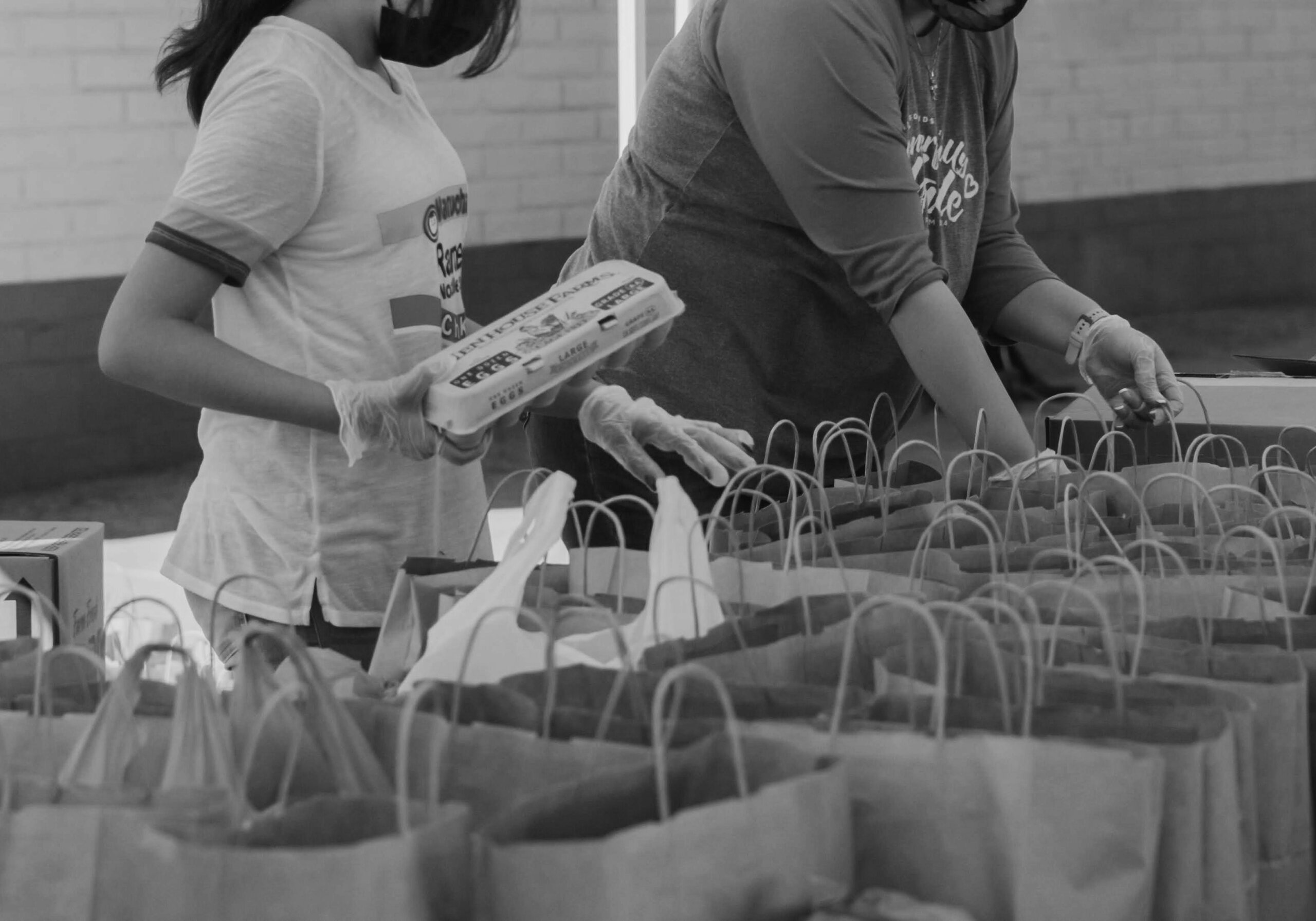A bold new partnership strategy for Uniting Vic.Tas
Together for good – the client challenge
Uniting Vic.Tas was established in July 2017 following the merger of 21 UnitingCare agencies, Wesley Mission Victoria, Share and Uniting Care Victoria and Tasmania Early Childhood Services. Though Uniting is a relatively new organisation, it has more than 135 years’ experience in supporting people living life at the margins. Uniting works together in partnership with individuals to provide support that builds their capability and confidence, so they can journey towards a brighter, healthier and happier future.
Recent reforms in the community sector, a changing business environment, changing consumer expectations and an expansion of partners within the broader Uniting network provided an opportunity to review the way Uniting works with partners to maximise their social impact for consumers and communities.
Following the launch of Uniting’s inaugural strategic plan in 2018, there was a desire to refresh the corporate partnership model which had been in place for more than fifteen years. Cube was engaged to help Uniting understand the strengths of its existing partnership model, opportunities presented by changes in the social policy and business landscapes, and develop a new partnerships strategy that positioned Uniting to work alongside its corporate partners to positively impact the lives of individuals and the communities it serves.
Bringing the right thinking and people to the table
We brought together a Uniting Project Steering Group that reflected a diversity of experience and expertise to guide the project. This group enabled us to connect with Uniting’s network, to undertake a series of interviews and focus groups ranging from the Uniting CEO to program delivery personnel focused on understanding the breadth and depth of the partnership model, and opportunities to empower the Uniting workforce to pursue new and innovative social impact partnerships.
We undertook a desktop review on changes in trends and evidence regarding corporate and not-for-profit partnerships to ensure Uniting’s new strategy was informed by the latest thinking and contemporary evidence. We held a series of candid and deep dive interviews with Uniting’s partners and ‘big thinkers’ to understand Uniting’s unique value proposition, opportunities to expand and improve existing offerings, and possibilities presented by the changing business and consumer landscape to improve outcomes for those experiencing hardship.
Our work resulted in an engaging and inspiring 3 year partnerships strategy: ‘Partnering for Change’. The strategy aligns to Uniting’s strategic plan, includes a set of principles to guide future partnerships and a series of actions that will help Uniting maximise the social impact it delivers for consumers and communities.
The positive change we delivered
Engaging with Uniting’s corporate partners gave Uniting important insights on how others viewed the strength of the relationship, as well as partners’ perspectives on how the Uniting model was performing against similar arrangements with other organisations. It provided the Uniting team with strong, evidence-led insights to refresh its partnership model, with a set of clear priorities for the next 3 years.
Insights for inquisitive minds
A partnership is most effective when partners can leverage their respective strengths to achieve together what cannot be achieved alone. An effective partnership delivers shared value for all its members.
Doing ‘good business’ is good for businesses and public purpose organisations alike. As society’s expectations change, businesses are increasingly assessed on their contribution to the broader community, creating opportunities that pro-active, forward-looking community service organisations can leverage.
Innovation requires an authorising environment that encourages and empowers its people to pursue and test new ways of working. In a partnership model, relationships should be based on openness and honesty, with partners willing to adapt and take a ‘partnership-first’ approach to achieve mutually beneficial outcomes.







